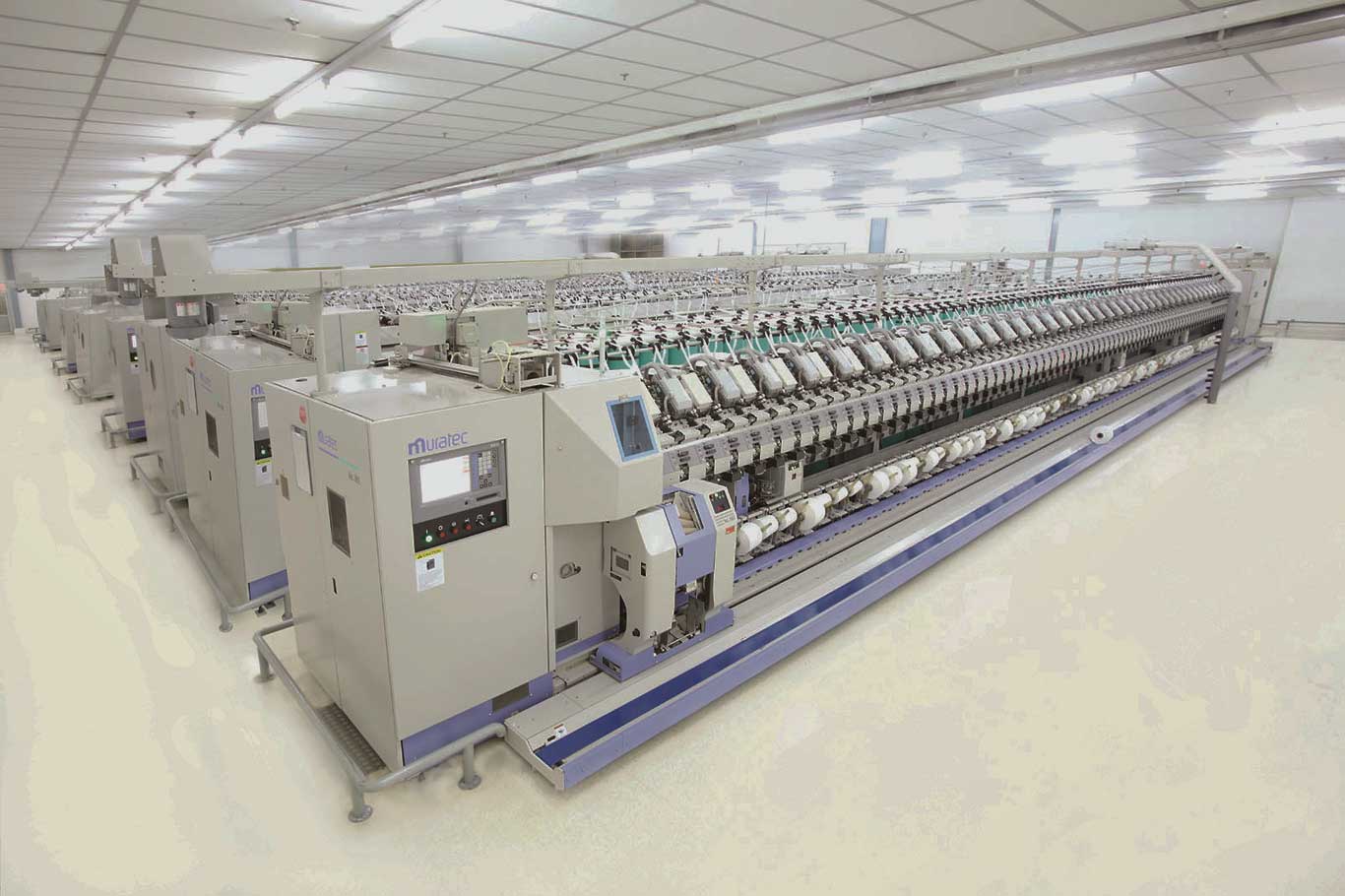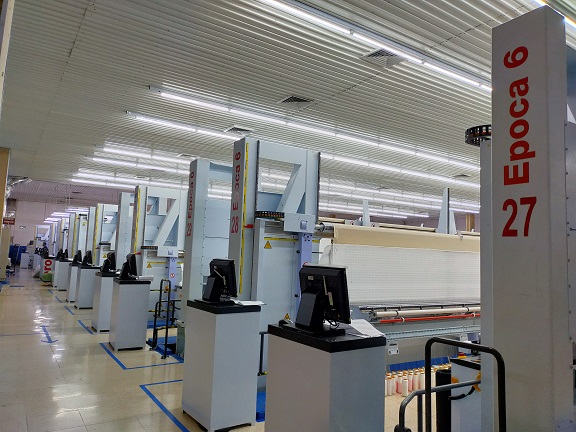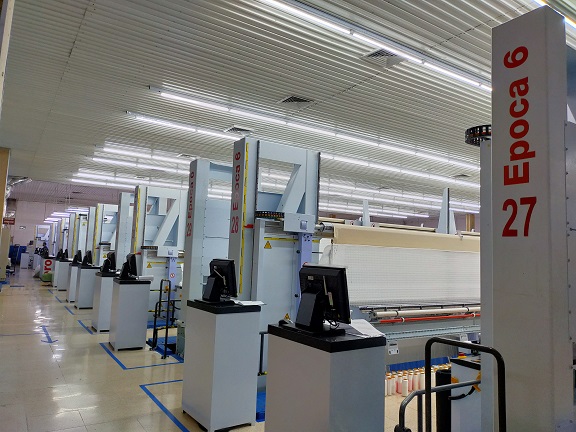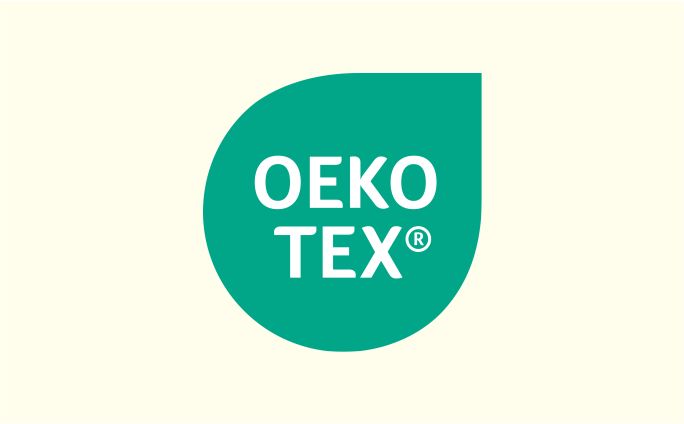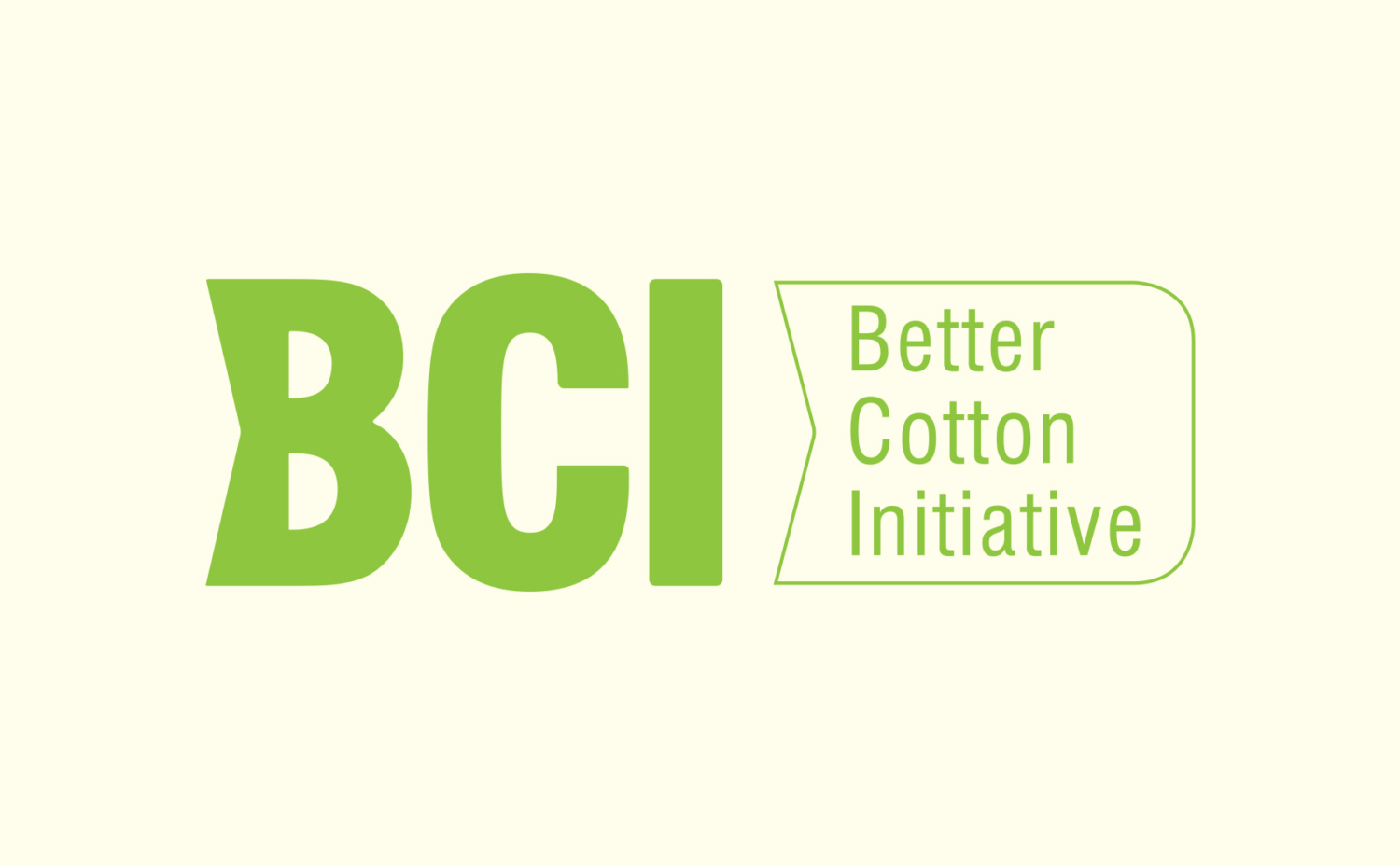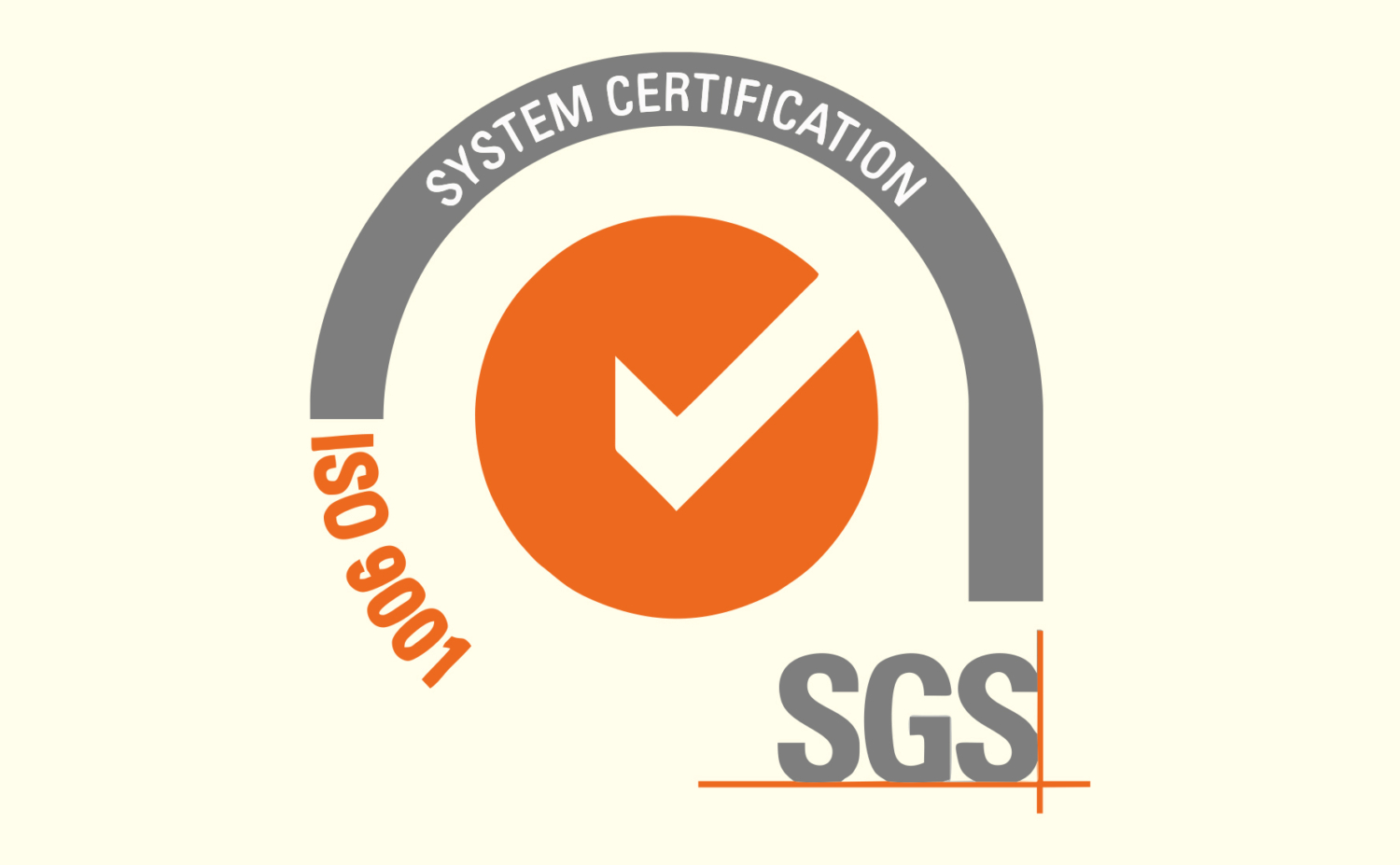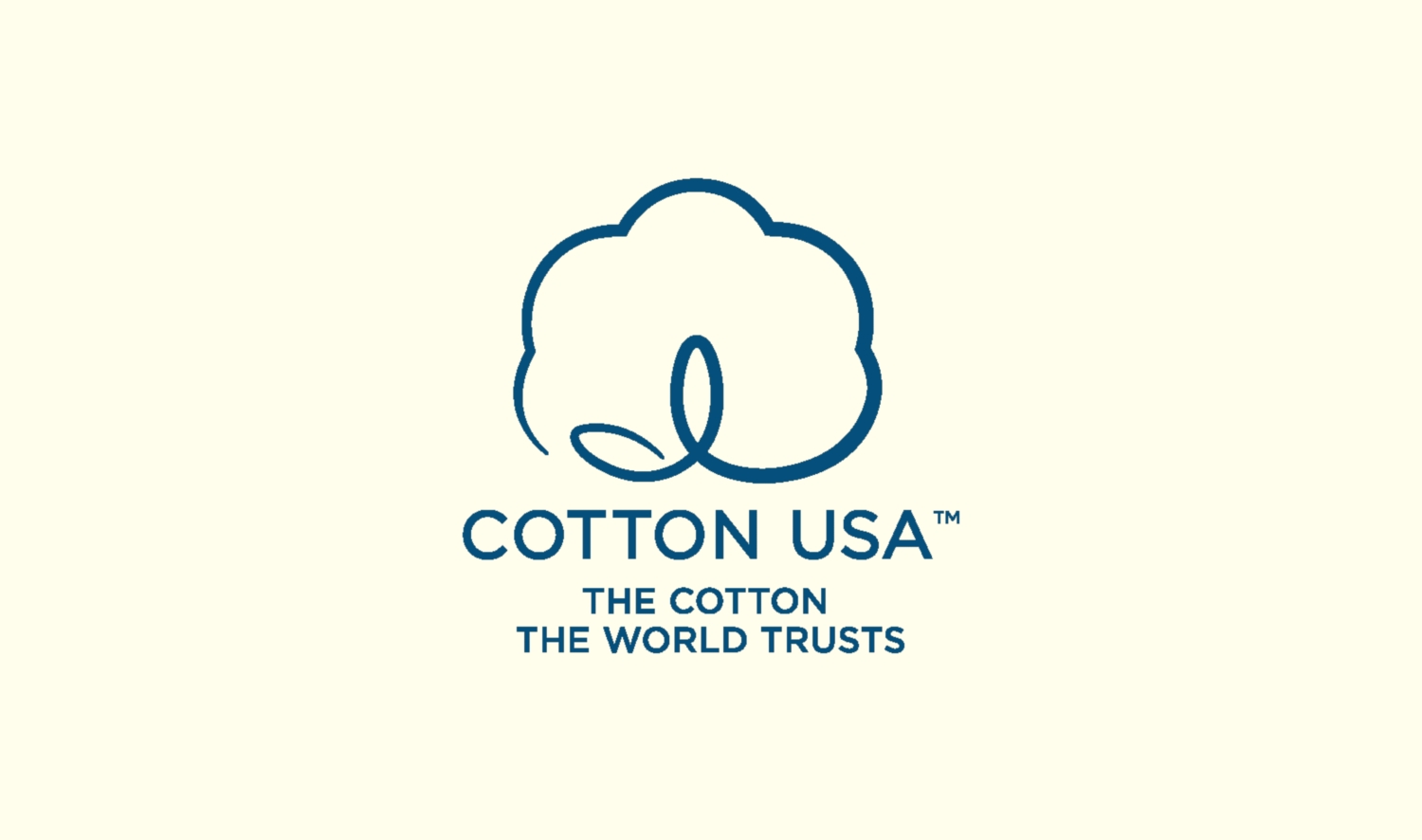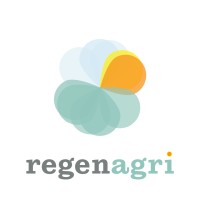Kewalram Indonesia had a modest beginning with the installation of a spinning mill in 1976 in Bandung, Indonesia. Since then, it has grown to become a large integrated textile facility covering spinning, embroidery, Garments, and a dye house equipped with state-of-the-art machinery. Our customer-oriented approach, coupled with exacting quality led to increased demand for our products and thereby enabling our growth over the years.
Our products are exported to over 60 countries across the globe reflecting the company’s strong commitment and emphasis on quality. The company also has a substantial presence in the domestic markets with a wide range of products offering.
Kewalram has achieved the leadership position in its product range based on its unwavering commitment to the highest quality standards and drive towards total consumer satisfaction.
With the acquisition of our second mill, we are striving to deliver our best-class products to our ever-demanding satisfied customers.
We are one of the first integrated textile units to receive the ISO (ISO 9001: 2015 & STANDARD 100 by OEKO-TEX®) accreditation for quality management in Indonesia. Adding to our ever-growing quality standards, We are now certified with the COTTON USA Licensee, Supima Licensee, US Cotton Trust Protocol Licensee, and BCI Cotton, reflecting its commitment to striving for excellence with sustainable growth.
Responsible Sourcing & Traceability Policy.
PT KEWALRAM INDONESIA manufactures spinning, embroidering & dye house and has a range of count ranges of yarn, embroidery fabrics & dyehouse. This involves the purchase of raw materials, packaging materials, and their storage, handling, and conversion via multi-stage processing to the final product. The purchasing decisions of PT KEWALRAM INDONESIA can affect society and the environment beyond the immediate impact of its own operations. Responsible sourcing involves the promotion and support of broader-scale adoption of responsible practices throughout the supply chain. This can stimulate demand for socially and environmentally preferable products. As part of this process, waste is produced, emissions to land air, and water are made and energy is consumed. The President Director of PT KEWALRAM INDONESIA Ltd accepts that it is their responsibility to reduce the global and local effects of the company’s activities. To this end, the Purchase Manager s has specific responsibility for the management of the Responsible Sourcing Programme of the company and ensuring PT KEWALRAM INDONESIA meets the requirements set out in the Standard for the Responsible Sourcing of raw material which requires producing the yarn, embroidery fabric, and dye house. We are empowering the ethical trading and corporate social responsibility (CSR) best practices with our Sadex Members Ethical Trade Audit (SMETA)
- Ethics – recognize the need to adopt and apply standards of ethical behavior appropriate to the purpose and activities of the organization.
- Legal Compliance – Compliance with all applicable laws and regulations.
- Management Systems – have systems in place to operate in a legal, efficient, and financially sustainable manner with continual improvement in the management of quality, health and safety, the environment, and human resources.
- Supply Chain Management – communicate and work constructively with the supply chain to deliver sustainable policies and practices.
- Stakeholder Engagement – identify stakeholders affected by the activities of the organization and its supply chains and be responsive to their needs.
- Complaints and Prosecutions – operate with transparency and record and report all complaints and prosecutions and associated corrective actions.
- Fundamental Rights at Work – respect international norms concerning human rights and labor practices and recognize fundamental rights at work including the abolition of child labor, forced or compulsory labor, the rights of freedom of association and collective bargaining, and the elimination of discrimination.
- Health and Safety – operate in a responsible manner to protect employees, contractors, and visitors.
- Climate Change and Energy – Use energy efficiently in the production of materials and products and minimize the emission of greenhouse gases associated with these processes. Reduce fossil fuel consumption and review the utilization of renewable sources of energy.
- Resource Use – recognize the need to use all materials in the most appropriate manner.
- Site Stewardship – be responsible stewards of sites used by preventing pollution and recognizing the importance of national heritage, ecological value, and biodiversity during use and after the end of life of each site.
- Water – use water efficiently to minimize demand on potable water supplies, and treat process water and site run-off effectively to mitigate against pollution risks.
- Waste Management – manage all waste streams effectively by adopting the waste reduction hierarchy and minimize waste incinerated and disposed of in landfill without energy or material recovery.
- Transport Impacts – recognize the social and environmental impacts of transportation and the need to adopt appropriate strategies to reduce adverse impacts.
- Employment and Skills – continue to support local communities by providing employment and economic activity through fair operating practices, and recognize the importance of developing a skilled and competent workforce.
- Local Communities – Liaise effectively with the local community and strive to develop mutual understanding and respect.
- Contribution to the Environment – develop products that improve the quality and sustainability of the built environment. Progress will be achieved by setting objectives for reducing sourcing effects, monitoring progress, and reviewing the objectives as necessary. The company objectives and targets are a continual improvement in HEALTH & SAFETY, SOCIAL, ENVIRONMENTAL & BUSINESS ETHICS. This will be achieved through III parties certifying body to know the performance of these 4 objectives. The policy, objectives, and progress are communicated through department notice boards.
- A public commitment is made to actively support responsible sourcing, production, environment, and social management continuously throughout the tenure and full traceability.
GANESH SETHURAMAN
PRESIDENT DIRECTOR

